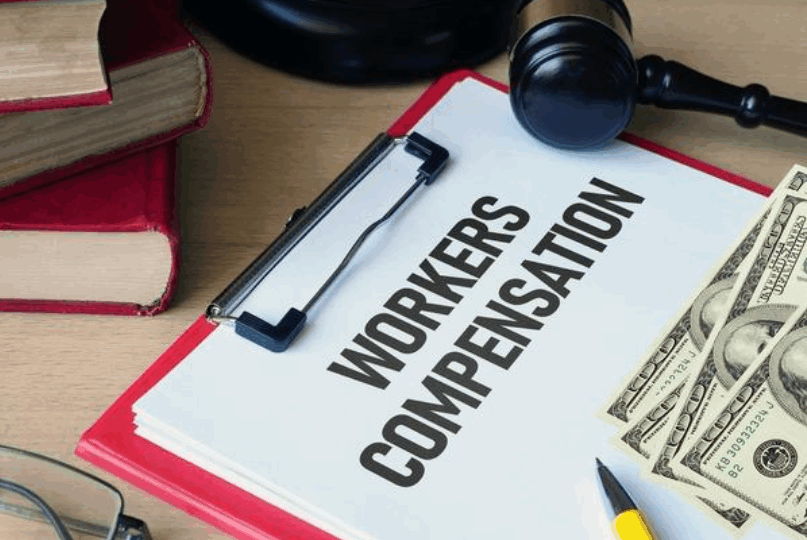Massachusetts, home to over 7 million residents, thrives on a diverse economy powered by healthcare, biotechnology, education, and manufacturing. Cities like Boston drive innovation, while historic towns preserve the state’s colonial legacy. With a workforce spread across traditional and tech-forward industries, job-related injuries remain a concern for many residents.
In such a dynamic and fast-paced environment, workers often face delays after filing a compensation claim, delays that depend on several moving parts. Workers’ compensation lawyers in Massachusetts witness firsthand how timelines shift based on the type of injury, how quickly an employer reports the claim, and the responsiveness of insurance carriers.
Medical evaluations, disputes over eligibility, and documentation gaps also play major roles in shaping the wait for benefits. This piece breaks down the key factors affecting the duration of receiving workers’ compensation benefits and what you should anticipate.
Claim Reporting Speed
The process begins when an injured worker reports the incident. Delays often start at this stage. Workers who report injuries immediately trigger the chain of actions faster than those who wait. Employers need that initial report to notify their insurer and begin formal procedures. Any hesitation causes a ripple effect throughout the entire timeline.
Employer and Insurer Responsiveness
Once the claim reaches the employer, the next factor centers on how quickly the employer forwards the paperwork to the insurance provider. Some companies act promptly, while others delay the process through slow internal handling or disorganization. Insurers, in turn, either respond quickly or stall based on caseloads, documentation accuracy, and internal protocols. A responsive team accelerates benefits delivery.
Type and Severity of Injury
The nature of the injury influences how fast benefits arrive. Physical injuries like fractures or burns usually face less pushback. The process moves quicker when medical professionals provide clear, objective findings. However, conditions without visible signs, such as repetitive stress injuries or psychological trauma, often slow the pace. These cases often demand further evaluations and deeper review, delaying payment.
Accuracy and Completeness of Documentation
Paperwork errors often stretch timelines. Claims with missing doctor’s notes, incorrect injury descriptions, or conflicting statements force insurers to investigate further. They may request additional documents or carry out interviews before making decisions. The process flows with fewer interruptions when all required materials arrive simultaneously and contain accurate information.
Medical Evaluations and Specialist Reports
Insurers rely on medical evaluations to confirm the injury and assess the impact on workability. Workers who schedule and attend these evaluations without delay help move things along. However, specialist reports, second opinions, or further diagnostic tests may enter the equation. Each extra layer stretches the timeframe for benefit approval.
Disputes and Legal Involvement
Sometimes, insurers deny claims due to inconsistencies, lack of evidence, or suspicion of fraud. When that happens, the timeline pauses until the issue gets resolved. Workers may need to attend hearings or present further proof. Legal involvement often leads to more formal reviews and decision-making, influencing the benefit release period.
State-Specific Regulations
Each state enforces its own workers‘ compensation timelines. Some jurisdictions mandate decision-making within a set number of days, while others offer more flexibility. These laws greatly affect how long it takes to receive benefits. Even if all other factors run smoothly, local timelines still govern the process’s pace.
Employer Cooperation and Attitude
Some employers support the process and work closely with their injured employees. Others take a more defensive stance, questioning claims or hesitating to assist. Cooperative employers help verify incidents faster, provide necessary job details, and communicate with insurance providers. Their attitude often shapes how quickly a claim progresses.
In summary, each claim follows its path, shaped by many moving pieces. Fast reporting, clear documentation, and strong cooperation all play major roles in speeding up access to workers’ compensation benefits.







